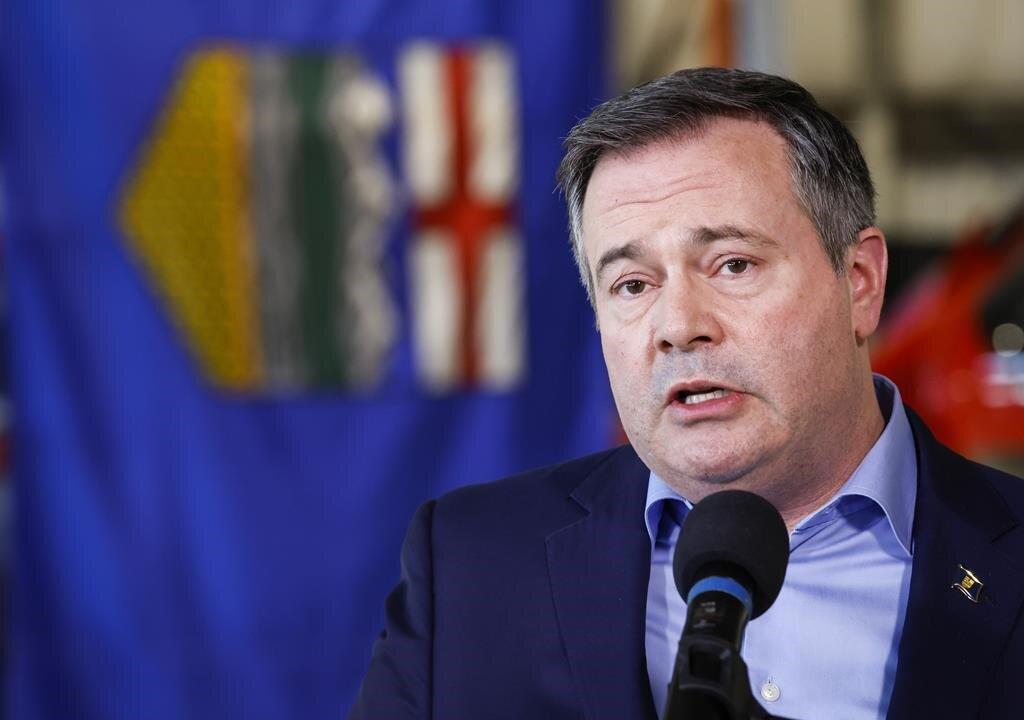The Alberta government has announced more than $124 million over two years for addiction and mental health services in Edmonton and Calgary, with another $63 million aimed at reducing homelessness inthe province over the same period.
The funding for Edmonton and Calgary will go toward increasing treatment spaces while expanding addiction services, with $70 million earmarked for capital spending and $54 million to assist operations.





